What species of fungus grows on my coffee grounds?
patty4150
16 years ago
Featured Answer
Sort by:Oldest
Comments (20)
bpgreen
16 years agoRelated Professionals
Arnold Landscape Architects & Landscape Designers · Garden City Landscape Architects & Landscape Designers · Peabody Landscape Contractors · Burlington Landscape Contractors · Cupertino Landscape Contractors · Overland Park Landscape Contractors · The Woodlands Landscape Contractors · Hueytown Landscape Contractors · Welby Decks, Patios & Outdoor Enclosures · Bloomington Decks, Patios & Outdoor Enclosures · Hull Decks, Patios & Outdoor Enclosures · Lincoln Decks, Patios & Outdoor Enclosures · Richmond Decks, Patios & Outdoor Enclosures · Tomball Decks, Patios & Outdoor Enclosures · White Bear Lake Decks, Patios & Outdoor Enclosuresarjo_reich
16 years agogardenfanatic2003
16 years agoclaireplymouth z6b coastal MA
16 years agoKimmsr
16 years agotclynx
16 years agogardengal48 (PNW Z8/9)
16 years agoclaireplymouth z6b coastal MA
16 years agopatty4150
16 years agosunshineboy
16 years agopatty4150
16 years agoclaireplymouth z6b coastal MA
16 years agosunshineboy
16 years agoanitamo
16 years agokqcrna
16 years agocurtludwig
16 years agopatty4150
16 years agoDoutel de Andrade
3 years agolast modified: 3 years agoUser
3 years ago
Related Stories
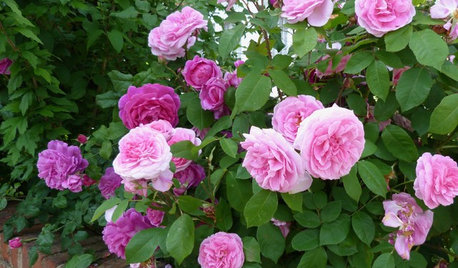
GARDENING GUIDESWhat Kind of Roses Should You Grow?
Want to add the beauty of roses to your garden? Find out which ones, from old-fashioned to modern, are right for you
Full Story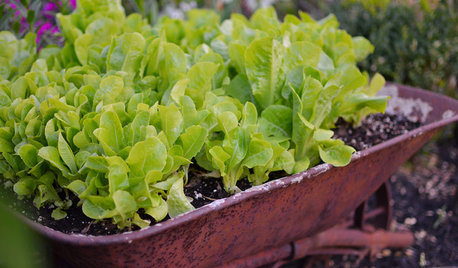
GARDENING GUIDESYes, You Can Grow Food in a Shady Yard
Your shady garden doesn’t have to be forever barren. Berries, herbs and other shade-loving plants can produce a delicious bounty
Full Story
FARM YOUR YARD6 Things to Know Before You Start Growing Your Own Food
It takes time and practice, but growing edibles in the suburbs or city is possible with smart prep and patience
Full Story
HOUSEPLANTSHow to Grow Orchids Indoors
Orchids are the exotic aristocrats of the flower world and can make themselves comfortable in almost any home
Full Story
HOUSEPLANTS10 Top Plants to Grow Indoors
Brighten a room and clean the air with a houseplant that cascades artfully, stretches toward the ceiling or looks great on a wall
Full Story
GARDENING GUIDES10 Top Native Plants for Southern California Gardens
Enjoy a fuss-free, water-wise garden by growing plants naturally in tune with the climate and wildlife of Southern California
Full Story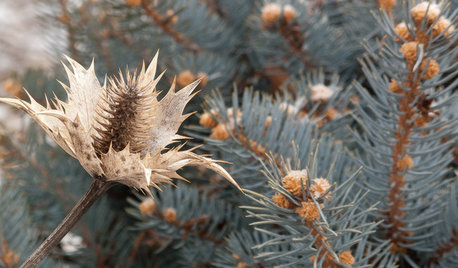
WINTER GARDENINGInspiring Winter Scenes From the Denver Botanic Gardens
Use seed heads, bare branches and grasses to design lovely garden displays when the ground is frozen
Full Story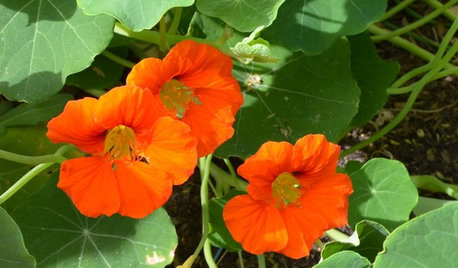
CONTAINER GARDENS7 Deer-Resistant Flowers for Your Summer Containers
Grow these as protection for edibles or just for their colorful beauty — deer might not like them, but everyone else will
Full Story
TREESGreat Design Plant: Southern Live Oak Offers an Unbeatable Canopy
Keep it dense or prune it for more light. No matter how you grow Quercus virginiana, it’s a majestic addition to its native landscape
Full Story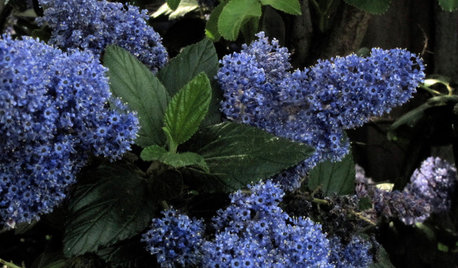
GARDENING GUIDES10 Top California Native Plants, Trees and Grasses
Enjoy a fuss-free, water-wise garden in the Golden State by growing plants naturally in tune with the climate and wildlife
Full StoryMore Discussions








duluthinbloomz4